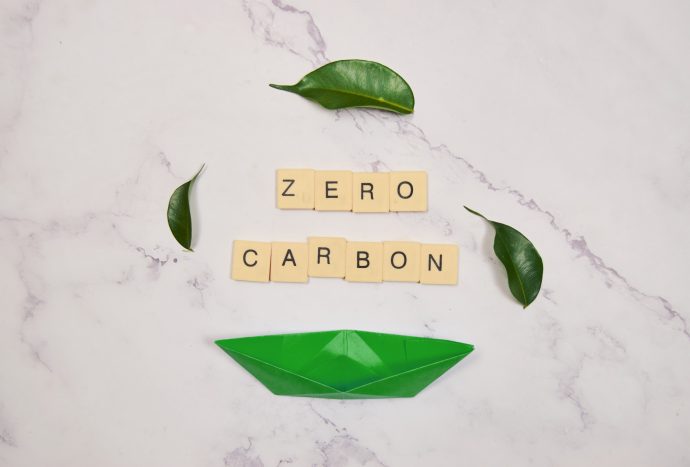According to the latest Zero Carbon Fuel Monitor, produced by Lloyd’s Register, the global shipping industry still has a long way to go if it is to realise its ambition of being zero-carbon fuel ready.
To meet the International Maritime Organisation’s (IMO’s) ambition of halving the sector’s total annual greenhouse gas emissions by 2050, compared to 2008 levels, the shipping industry must consider bolder steps to reach this goal.
The report cited three perspectives to assess the readiness levels of zero-carbon shipping fuels: technology, investment and community.
From a technological perspective, while alternative fuel projects are scaling up and production plants have increased their capacity over the past 12 months, fuel supply solutions remain small-scale, and a substantial uptick is required to meet the demand for zero-emission vessels.
More optimistically, a significant amount of investment has been made in fuel production projects and ship concept designs in recent months. However, economies of scale are a major factor, with the industry looking for regulatory incentives and ‘green corridors’ to ensure the price competitiveness of zero-carbon fuels.
The sustainability conversation also continues to be high on the agenda. Major players are working closely with regulatory bodies, particularly the European Union, to ensure that the necessary frameworks and certification for zero-carbon fuels are in place to ensure they can become more widely available.
A capable partner
From shipowners to fuel suppliers, every player in the shipping industry is on their own decarbonisation journey.
GAC Bunker Fuels continues to play a major role in several voyages, supporting the market’s energy transition and reinforcing the central focus of adopting clean and renewable energy. As GAC’s marine fuel and lubricant procurement arm, it is dedicated to enhancing the sourcing and provisioning of alternative fuels.
“The industry has made some major steps in the development of renewable fuels for their vessels,” says Nicholas Browne, Global Director of GAC Bunker Fuels.
“However, our customers still have a lot of questions as they look to decarbonise. From sourcing alternative fuels to ensuring their vessels meet local, regional and international standards, GAC Bunker Fuels has proved to be a more than capable partner on their decarbonisation journey.”

Trendsetter
GAC Bunker Fuels was the world’s first bunker company to align with the United Nations Sustainable Development Goals (UN SDGs), setting itself high-level targets of being net carbon zero and achieving zero oil-based bunker sales by 2030.
It has a strong tradition of embracing new types of alternative fuels early on, including being early adopters of developing technology and infrastructure that ensure these fuels reach their full potential.
“Shipowners are relying on suppliers to offer sustainable alternatives. That’s where our unique position and industry expertise come into play – as an intermediary between shipowners and fuel suppliers, we communicate and meet the needs of both parties while helping them achieve progress in their sustainability journeys,” says Nicholas.
“Leveraging the Group’s global network, we work closely with bunker suppliers to ensure the expertise and infrastructure are available for the supply of alternative fuels, such as hydrogen, LNG and ammonia to vessels.”
Clearing hurdles
As noted in Lloyd’s Register’s report, economies of scale remain a hurdle in the decarbonisation race.
To meet not only their own goals but those set by the IMO, investment in relevant technologies, scaling-up fleets and boosting supply chains are needed.
As one of the world’s leading global ship agents, GAC is already well placed to start helping customers tackle these scale-up challenges. Tapping into the Group’s knowledge, network and relationships with alternative fuel suppliers that have already made significant investment in this field, GAC Bunker Fuels can help steer shipowners and charterers in the right direction.
“Our customers are looking for cost-effective ways of decarbonising,” says Nicholas. “And that means connecting them with the right people. Most importantly, we ensure that no matter where their vessel is in the world, we can source the alternative fuel they need to put their vessel on its next journey.”
